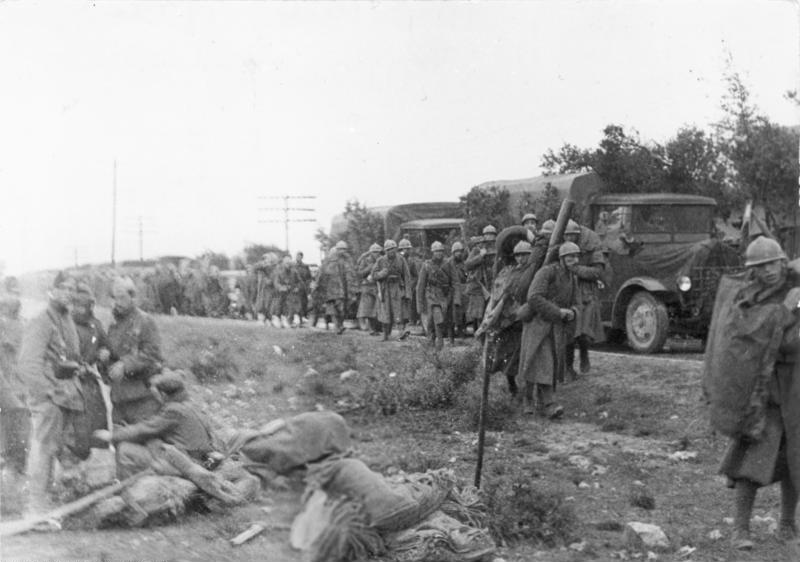Italy in WWII has always been a joke, even a proto-meme among war historians, and one of the reasons was their equipment. As a general rule, much of their equipment was actually good at the time they were introduced (early '30s), but by WWII was very much outdated. Let's imagine a scenario where Germany does their own equivalent to the Lend-Lease program, supplying them with German industry such as weapons, vehicles, and technology in preparation to the war. So instead, Italy has better materiel to work with.
Is this particularly likely in OTL? I don't think so, because from what I've heard Germans and Italians actually hated each other and their alliance was one of practicality. Germans apparently saw Mediterraneans as beneath them on the totem pole, not to the level of Jews where they had to be exterminated, but still second class. Italy of course was not unaware of this, leading to a situation that wasn't exactly cordial. Yes, both were white fascists, but that didn't mean they liked each other.
But let's say that the Germans realized the Italians were poorly equipped before the war, and in a moment of clarity and pragmatism decided that needed to be fixed if they were going to act on the Axis' behalf.
So by the time Italy plays a role for the Axis, they are far better equipped. Italy uses the German supplied materiel to create new and better weapons, vehicles, armaments and so on (I'll let you imagine what that would look like). Then they invade Greece with a technological edge, perhaps allowing them to capture the nation without direct German help. It should be noted that Italy had a great numerical advantage but was disadvantaged at everything else, leading to them being unable to take Greece. Likewise, in the East African Campaign front they are now better armed to fight. In general, an Italy with better equipment and coordination with Germany could be dangerous because Italy had great numbers and unlike Germany, had a proper Navy.
Does this a better armed Italy supplied via German materiel make a big difference in the long run, and is there any other long term effects to consider? Let me know what you think.
Is this particularly likely in OTL? I don't think so, because from what I've heard Germans and Italians actually hated each other and their alliance was one of practicality. Germans apparently saw Mediterraneans as beneath them on the totem pole, not to the level of Jews where they had to be exterminated, but still second class. Italy of course was not unaware of this, leading to a situation that wasn't exactly cordial. Yes, both were white fascists, but that didn't mean they liked each other.
But let's say that the Germans realized the Italians were poorly equipped before the war, and in a moment of clarity and pragmatism decided that needed to be fixed if they were going to act on the Axis' behalf.
So by the time Italy plays a role for the Axis, they are far better equipped. Italy uses the German supplied materiel to create new and better weapons, vehicles, armaments and so on (I'll let you imagine what that would look like). Then they invade Greece with a technological edge, perhaps allowing them to capture the nation without direct German help. It should be noted that Italy had a great numerical advantage but was disadvantaged at everything else, leading to them being unable to take Greece. Likewise, in the East African Campaign front they are now better armed to fight. In general, an Italy with better equipment and coordination with Germany could be dangerous because Italy had great numbers and unlike Germany, had a proper Navy.
Does this a better armed Italy supplied via German materiel make a big difference in the long run, and is there any other long term effects to consider? Let me know what you think.

